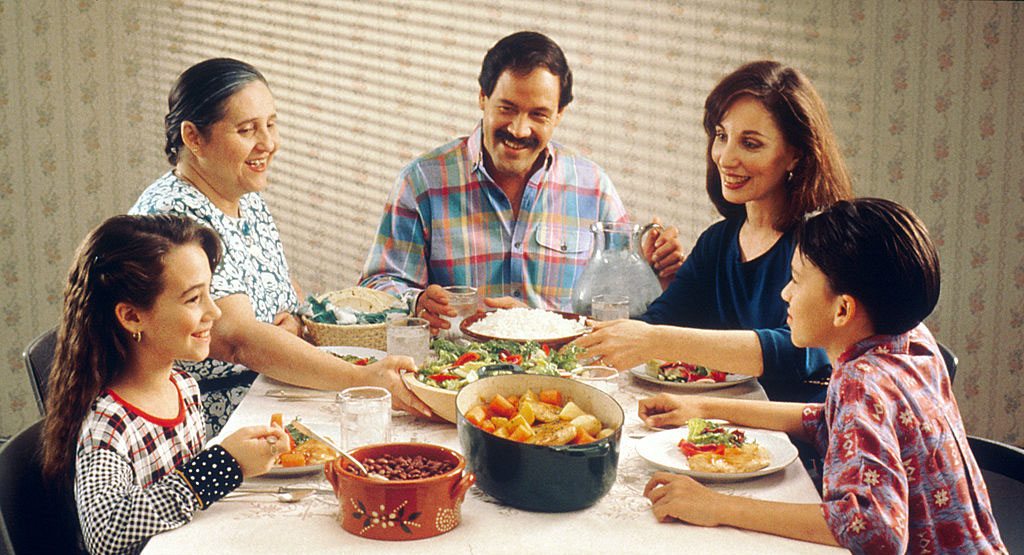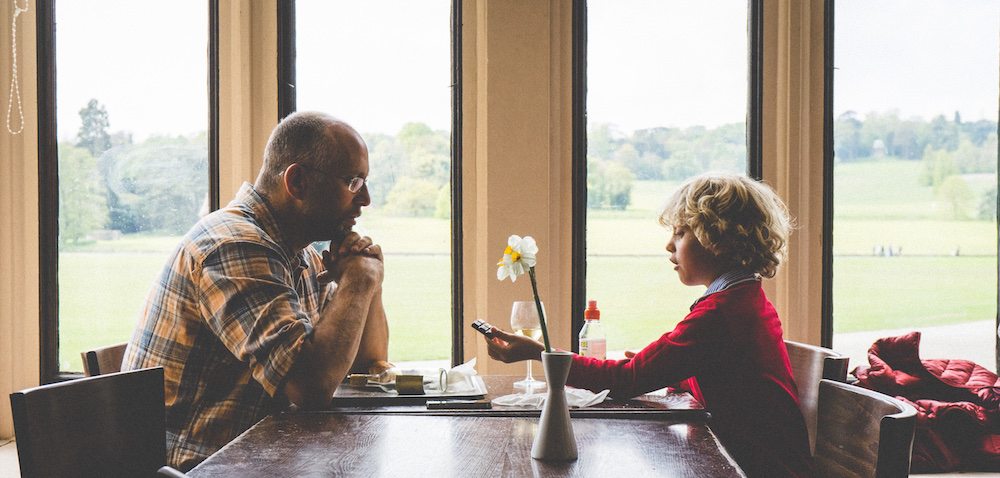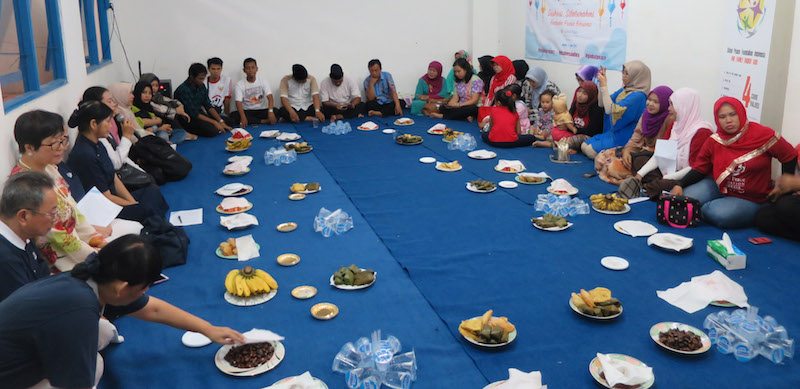There are many reasons quality family time around the dinner table is a good idea. As social beings, the opportunity to bond with our parents, children, brothers or sisters and other family members has been scientifically proven to lead to greater happiness, higher academic achievements and overall physical, mental and emotional health.
This makes sense because the family unit is our very first classroom and most basic institution where we learn the values and receive the character education that will define us for the rest of our lives. As said by Mother Teresa, “What can you do to promote world peace? Go home and love your family.”
Here are 3 reasons why you should start (or continue!) eating dinner as a family.

The dinner table presents a subtle but extraordinary opportunity for dialogue, providing every family member with the opportunity to practice patience as they listen to others, expanding their capacity to take on various perspectives.
The opportunity to catch up with the family on a daily basis helps children develop a sense of belonging and security in knowing that they are a part of a larger social structure. This can have significant implications for countering violent extremism in today’s world. With this sense of belonging, youth also innately acquire a feeling of responsibility, knowing that their actions have the power to positively or negatively affect the group.
While dinner conversations may not always lead to agreements or the immediate happiness of all parties involved, it remains an opportunity to practice civil discourse, treating each other with respect and love despite each person’s differences. Exposing children to courteous communication no matter the topic is invaluable as it will impress upon them personal and professional relationship skills that will help them succeed for years to come.

Whatever topics are discussed around the dinner table, the whole experience is an opportunity for children to talk about, listen to and ask questions about the foundational values of their family. From early childhood to teenage years and beyond, children are constantly receiving messages from school, media and the workplace about what they should consider important. The dinner table is the family’s chance to process and address these messages together in subtle or direct ways every day.
The opinion of the family, which is the base children return to at the end of each day, carries the most weight on how children will process their day’s experiences. Here, depending on the love and communication of the family, they learn to build confidence in and act upon their foundational values, helping them to understand how to address situations they face in the outside world in the future.

Participants in Global Peace Foundation Indonesia Peace Project celebrate One Family under God
The dinner table is not just reserved for blood relatives. Guests that stop by during the family mealtime are given a chair and invited to participate in family traditions and conversation.
Together we learn that family can grow to neighbors, friends and even once-enemies that we simply did not previously take the opportunity to get to know. We learn that we can respect each other as members of a global family.
The simplicity of enjoying a meal together has the uncanny effect of bringing people together in so many ways. From simple toasts to celebrate each other’s achievements to splitting that last piece of chocolate cake with your sibling, the family dinner table presents the stage for healthy physical and spiritual growth and conversations deeper than Grandma’s casserole dish.

